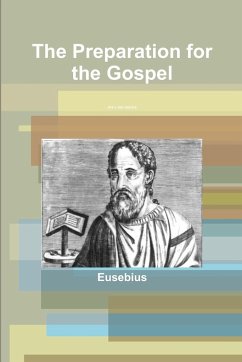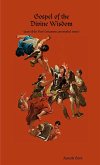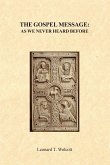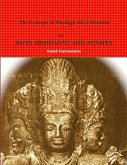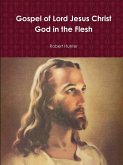The Evangelical Preparation, in fifteen books, is allowed on all hands to be a work of vast erudition. Like the Ecclesiastical History, it is eminently valuable on account of its containing large and important fragments of the works of ancient authors which have long since perished; as also extracts from those which still remain, and which are lasting proofs of their being genuine. It is astonishing to see the prodigious number of heathen philosophers, historians, and theologians, whose opinions he has crowded together, and with what address he sets every man's sword against his fellow, till they mutually destroy each other. The grand object of the work, is to prove that the heathens had nothing excellent but what they borrowed from the Jewish writings, and that the Christians had acted the most rational. from Critica Biblica, Or, Depository of Sacred Literature Comprising Remarks on The Sacred Scriptures
Bitte wählen Sie Ihr Anliegen aus.
Rechnungen
Retourenschein anfordern
Bestellstatus
Storno

